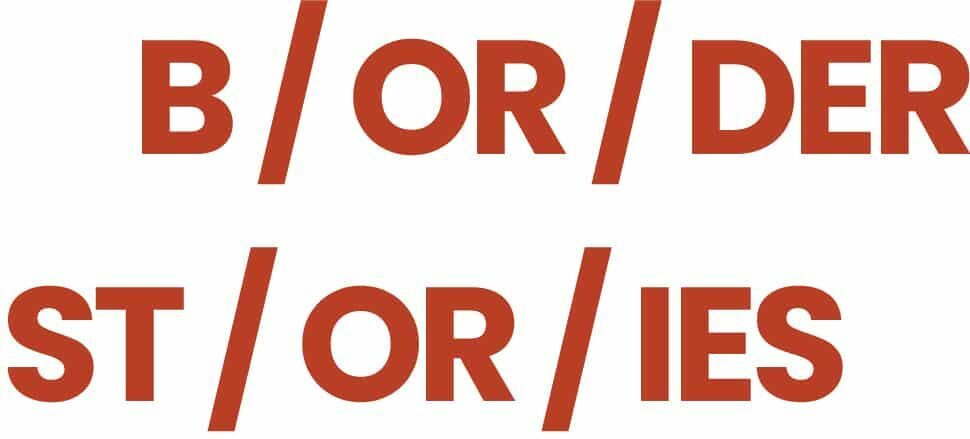B / or / der st/ or / ies
Rautenstrauch-Joest-Museum
25.05.2023 to 27.08.2023
Events
Vernissage and panel discussion
25.05.23 / 18:00
@ Rautenstrauch-Joest-Museum
Start of the exhibition // followed by a panel discussion by Pamoja Afrika e.V. Cologne from 7 p.m. ‘The Borders of Cologne’
Roundtable "European-African border relations"
03.06.23 / 16-17:30
@ FORUM Volkshochschule am Neumarkt
African Futures Festival & European Conference of African Studies // Roundtable “European-African border relations”
Curators Guided tour with Seebrücke Köln
18.08.23 / 16-17:30
@ Rautenstrauch-Joest-Museum
About the project
Although the world today appears increasingly interconnected, borders around the world continue to be used to restrict freedom of movement and entrench social inequalities. As the “or” in the title B/OR/DER ST/OR/IES suggests, the exhibition intervention addresses the fact that people are affected by borders in very different ways. The project informs about border developments, bringing to the fore stories and regions that rarely make it into the focus of Western media. In B/OR/DER ST/OR/IES, content from two doctoral theses in Kenya and the Spanish-Moroccan border are shown. In addition, general discourses of international border research are presented.
B/OR/DER ST/OR/IES consists of an exhibition and a homepage. The exhibition intervention will take place from 25 May to 25 August 2023 in the permanent exhibition of the Rautenstrauch-Joest-Museum in Cologne. Five stations inform about different aspects such as colonialism, the closed-door policy of Europe, discrimination – but also about criticism of borders and resistance practice. The explanatory information texts on the homepage are accessible to museum visitors via QR codes and can thus reach a wider audience for a longer period of time and overcome the museum’s boundaries. Parallel to the exhibition, an extended Instagram account is also being created as part of a seminar with international students at the University of Cologne.
The project was mainly developed by PhD students from the University of Cologne in cooperation with the association Pamoja Afrika e.V. Cologne, Bündnis14 Afrika, and the Rautenstrauch-Joest-Museum. In addition, the students of the Köln International School of Design, Olivia Emefiele and Tamara Zgraggen, were involved in the design.
B/OR/DER ST/OR/IES is funded by the Global South Studies Centre and by the City of Cologne.
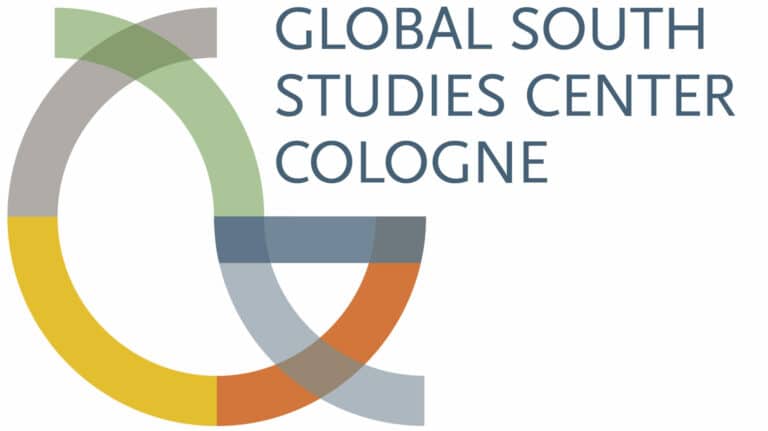
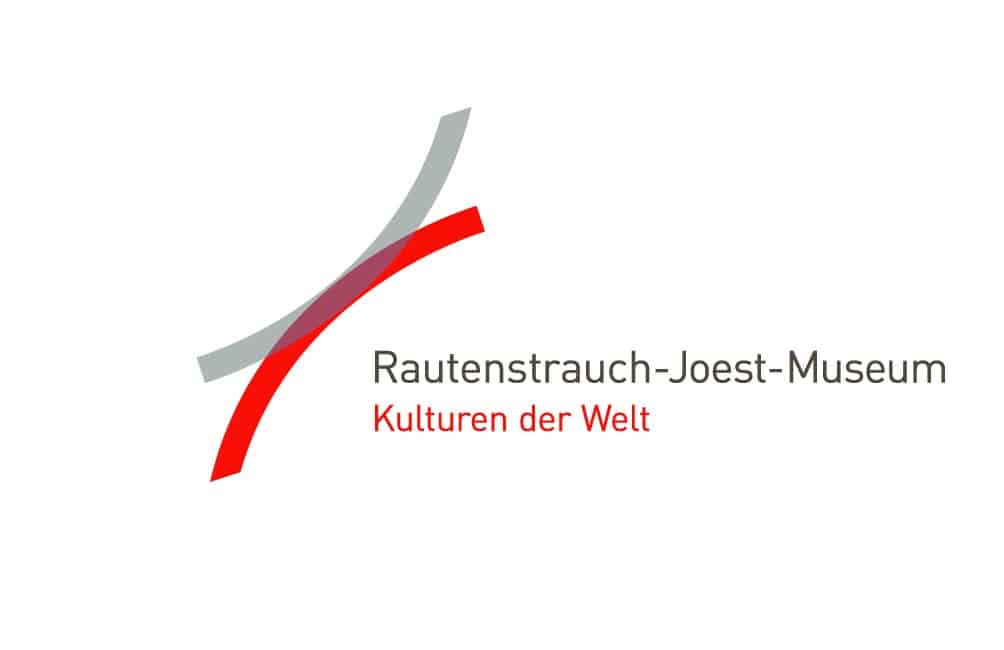
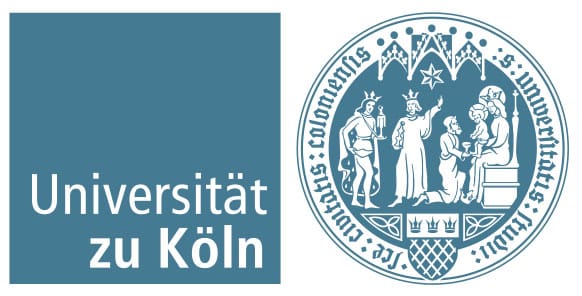
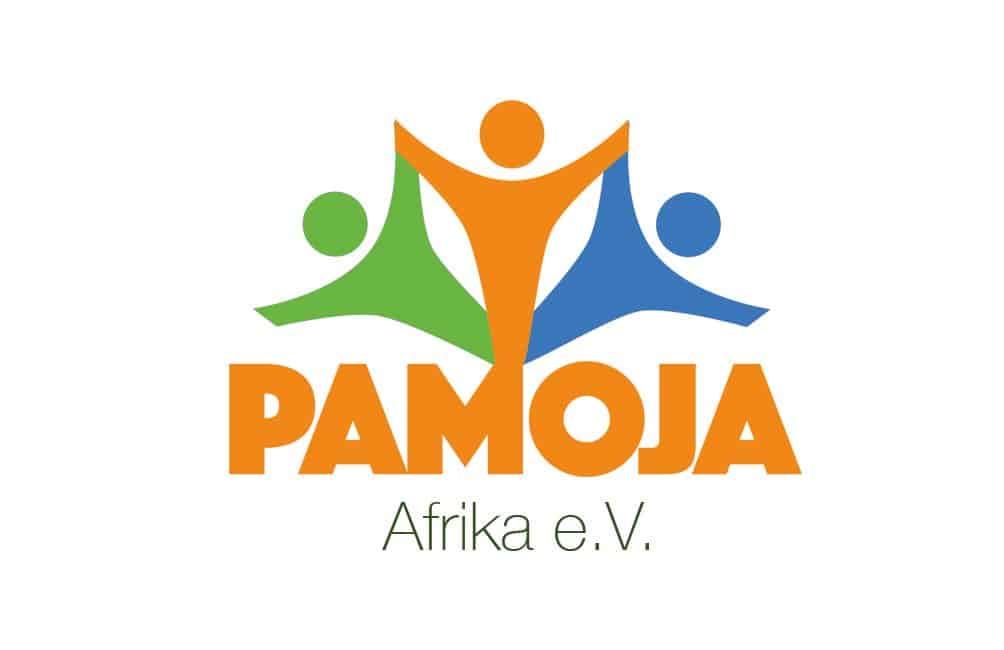

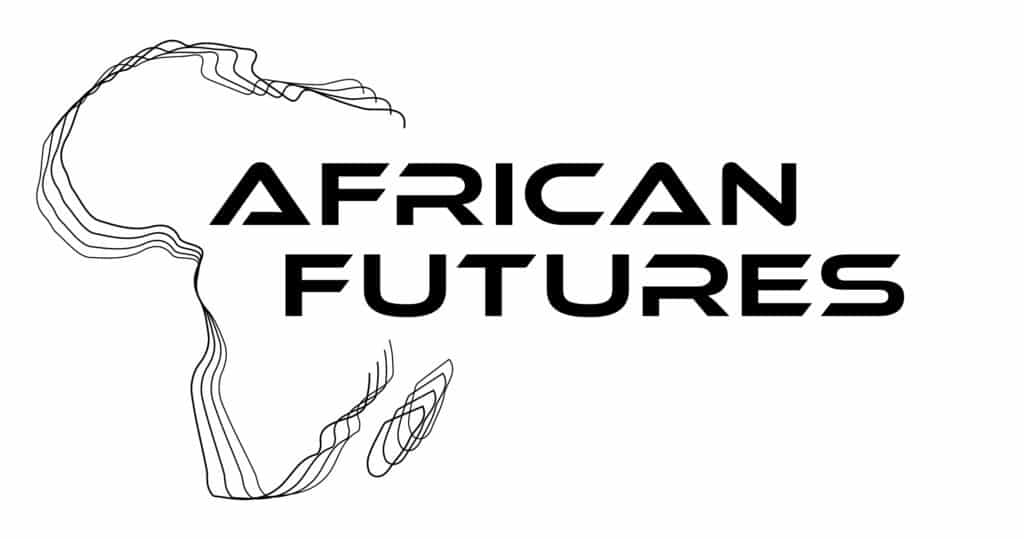

Positioning of the curators
Sofie Steinberger and Katrin Sowa are PhD students in History and Anthropology at the University of Cologne. Between 2017 and 2019, they both conducted research on border developments between Europe and North Africa and in East Africa. In the process, they conducted interviews with the local population and state authorities, used methods of participant observation and researched historical archives. In B/OR/DER ST/OR/IES, the contents of the doctoral theses are shown and general discourses of international border research are presented.
The curators position themselves as white cis women and, with the German passport, possess one of the most privileged travel documents in the world. For both of them, however, these privileges often seemed to be a prerequisite for being able to collect data on border regimes at all, to gain access to different population groups, and to move relatively freely and safely in border areas.
Thanks are due not only to informants on the ground, but also to local researchers and civil society groups at home and abroad, who have been drawing attention to developments in border regimes for a long time. It was their work that laid the foundations for this project.
Pamoja Afrika Köln
B/OR/DER ST/OR/IES has been accompanied by Pamoja Afrika e.V. Cologne since the development process in a discrimination-sensitive way and has helped to shape its content. Pamoja Afrika e.V. Köln is a non-profit association dedicated to anti-racism and anti-discrimination work. The association offers a welcoming culture of the African community for people newly arriving in Germany, with and without refugee experiences. Furthermore, the association offers awareness counselling and aims to educate the privileged majority society about racism and discrimination, to reflect on their own position and actions, to use prevention and to promote empowerment for people who have experienced racism.
Disclaimer
Attention! B/OR/DER ST/OR/IES contains topics like (neo-)colonial violence, flight and racism. We want to educate about these. Nevertheless, content can be disturbing, upsetting and retraumatising.
The 5 stations of
B/OR/ THE ST /OR/ IES
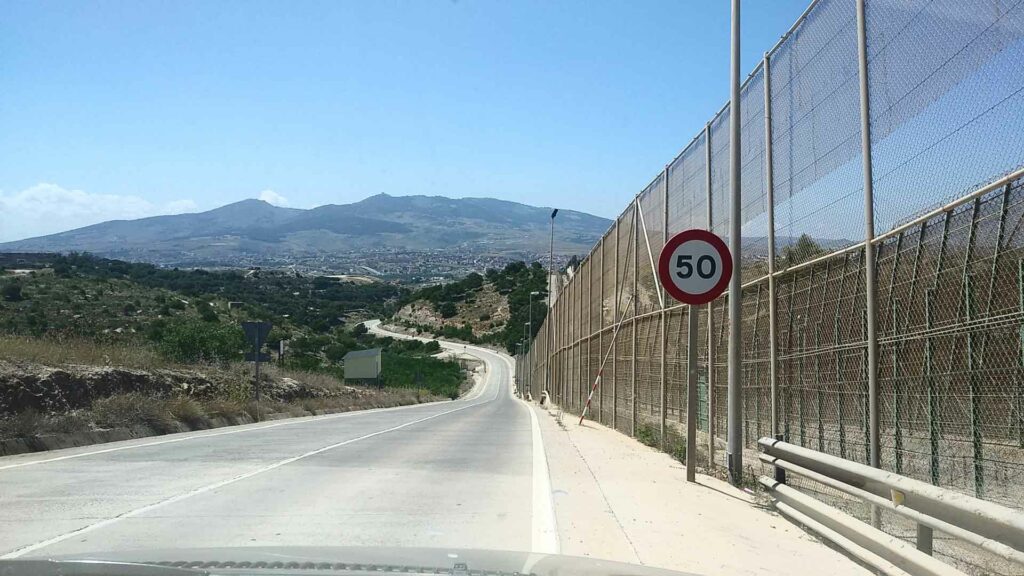
B / The story of a separation
The history of the Spanish town Melilla and the Marroccan town Nador illustrates the historical entanglement of the African and the European continents.
OR / Colonialism and borders
In order to control the African population, European colonial powers used borders as instruments of power. However, transnational and mobile realities in the Kenyan borderlands contradict a clear separation of tightly connected local societies.
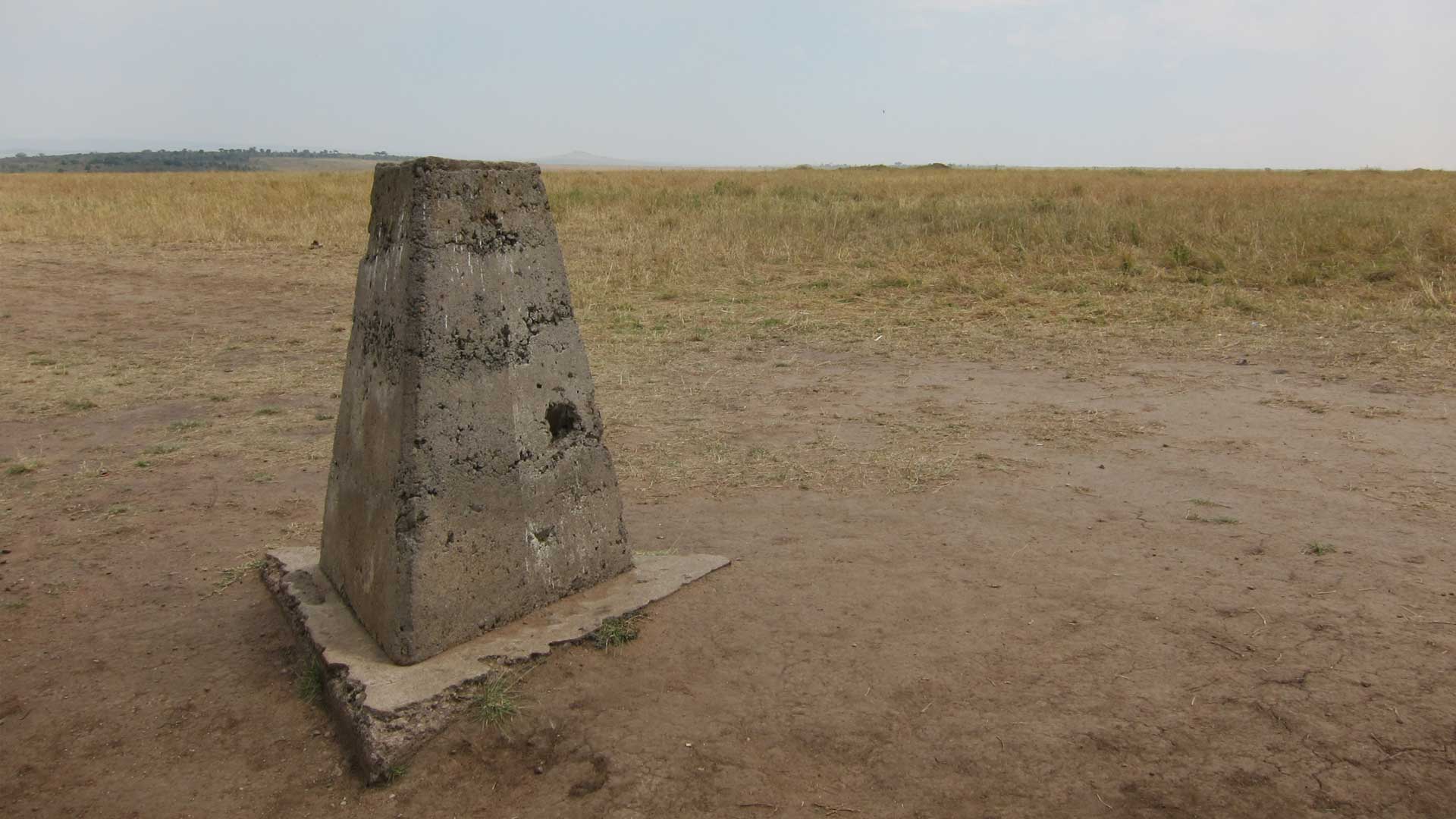
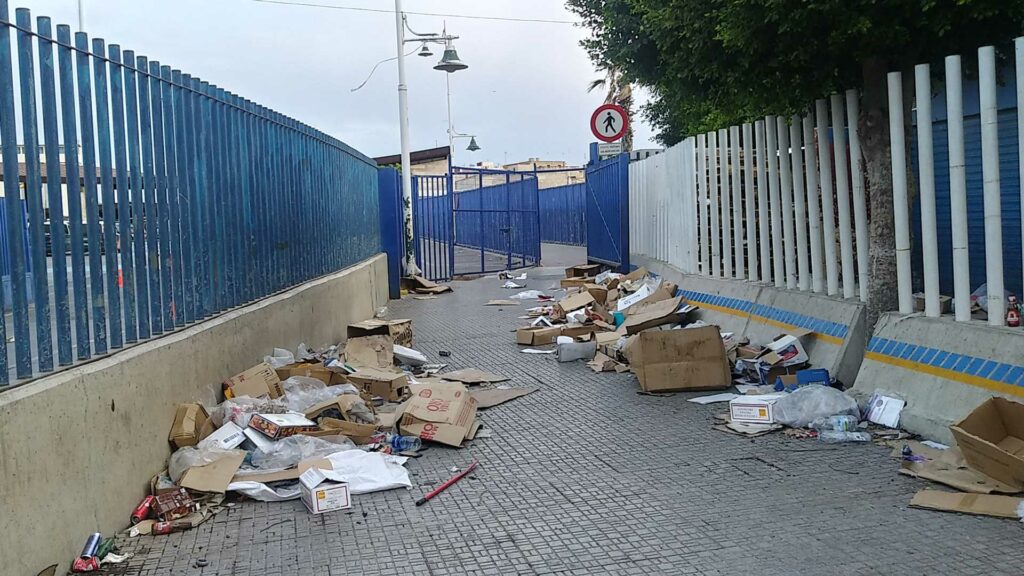
DER ST/ Il/legal border trade
Many border economies around the world are being illegalized as so-called “smuggling”. The stories of the Porteadoras of Melilla and the Magendo trade of Uganda exemplify that economic activities need to be contextualized to be truly understood.
OR / Exclusion
For many people, borders imply exclusion – not only when crossing political borders, but also in everyday life. The growing border fence of Melilla illustrates the increasing closure of Europe against migration from Africa, and its devastating consequences. In addition, the station provides insights into flight realities in the Global South as well as the continuing influence of borders in Germany.

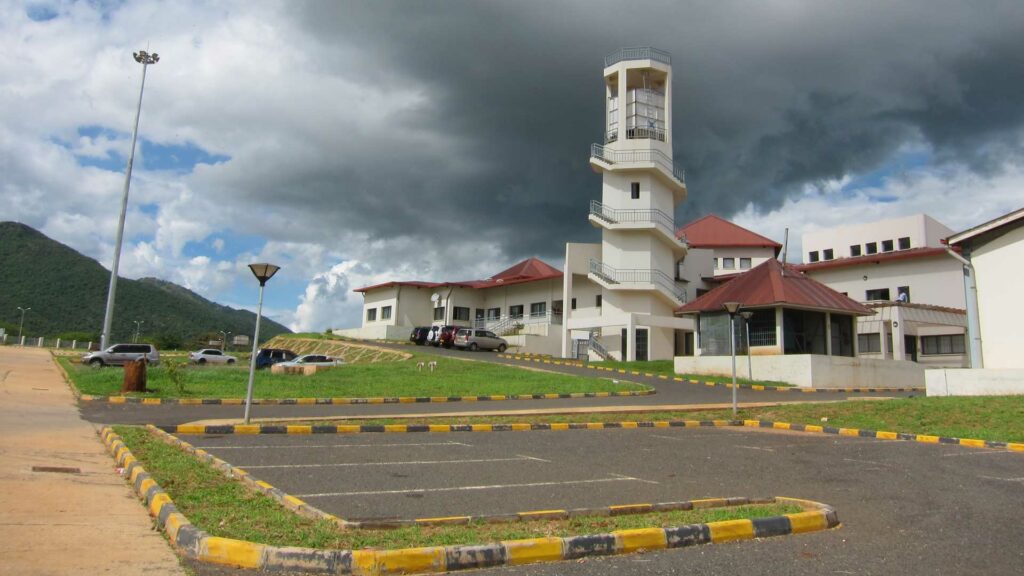
IES / Border of the Future
New border infrastructures in Africa are seen as signs of the future. However, alongside many economic and political advantages for African states, neo-colonial interests are hidden, and criticism from the local population is expressed.
